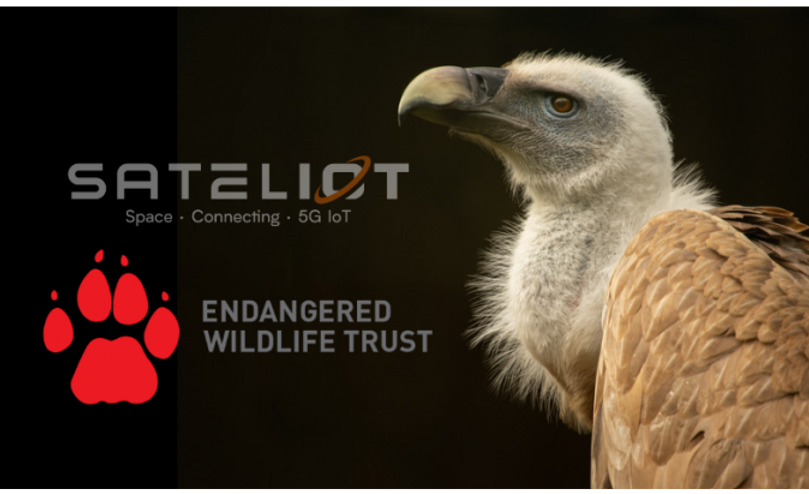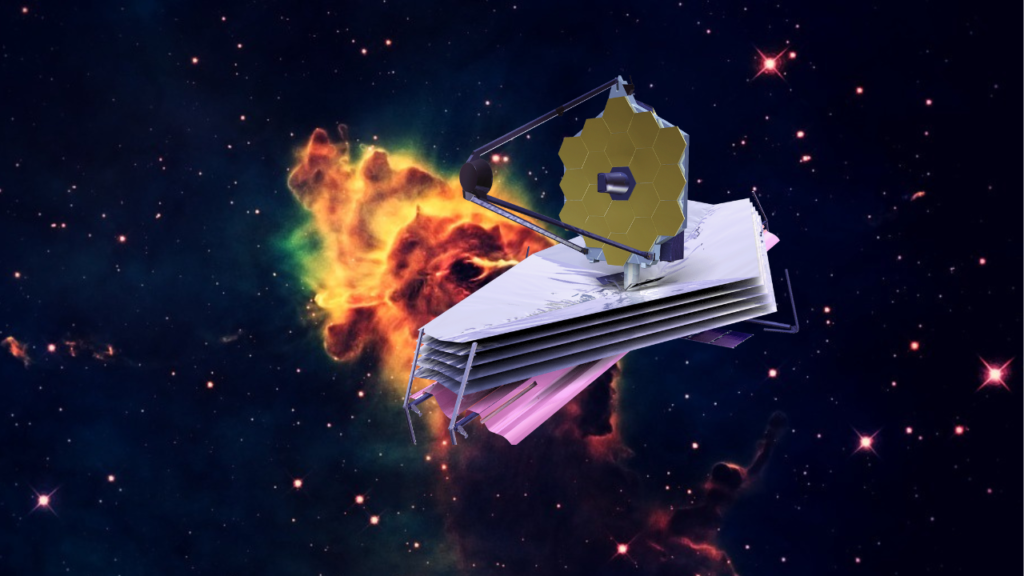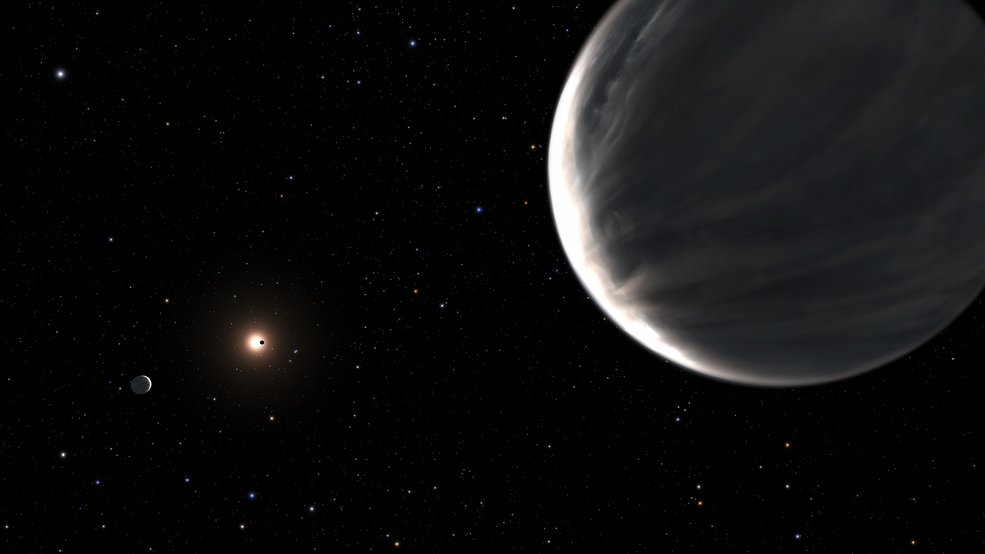According to the news release by Sateliot, the company has finalised an agreement to deploy 5G IoT sensors on vultures, a significant step toward safeguarding endangered species and combating poaching in Africa.
Sateliot’s collaboration with Non-governmental organisations (NGOs) extends 5G satellite coverage to the organisations. This expansion seamlessly integrates with existing Mobile Network Operators (MNOs) through standard roaming, removing the necessity for extra satellite user equipment. NGOs can now utilise the same terrestrial standards as mobile operators to enhance their operational scope.
Accessing connectivity for Internet of Things (IoT) in remote areas has posed a significant challenge, particularly in vast expanses of water and land, where much of the Earth’s biodiversity resides. Many animal and plant species inhabit these areas, some facing considerable pressure and endangerment. Through this agreement, the Endangered Wildlife Trust (EWT) will enjoy genuine global connectivity at no additional expense, facilitating extensive deployments of IoT devices and enhancing their current operations.
Furthermore, illegal trade has resulted in the poisoning of thousands of vultures across Africa, causing devastation to populations and pushing them perilously close to extinction in their natural habitats. Additionally, scavenging mammals such as lions, hyenas, and leopards are also severely affected by this poisoning. A significant challenge in mitigating the extensive loss of wildlife due to poisoning is locating and responding to such events swiftly. Early detection of poison sources and prompt decontamination of affected areas significantly decrease the ongoing loss of wildlife. Rapid action also enables response teams to rescue surviving animals.
In Southern and Eastern Africa, the EWT has ingeniously utilised the natural sentinel and foraging instincts of vultures, combining them with GPS-tracking technology to create an innovative rapid poisoning detection system called Eye in the Sky. This system closely observes behavioural patterns in GPS-tracked vultures, remotely identifying the presence of poison sources and feeding activities linked to potentially poisoned carcasses. By implementing this rapid detection system, the EWT has already made substantial strides in mitigating the effects of wildlife poisoning in southern Africa.
Currently spanning approximately 15 million square kilometres and encompassing over 380 vultures representing five distinct species, the EWT’s Eye in the Sky marks a significant advancement. Utilising EarthRanger software for monitoring, these GPS-equipped birds transmit alerts to various frontline platforms, facilitating rapid response teams’ swift reactions to poisoning incidents across Africa.
In the past year alone, this groundbreaking system has successfully detected 15 poisoning incidents. Prompt responses enabled teams to rescue more than 100 highly endangered vultures, swiftly eliminate the sources of poison, and decontaminate affected areas, ultimately safeguarding numerous lives. The Eye in the Sky is a testament to innovative technology’s transformative power in preserving our planet’s invaluable wildlife heritage.
“Sateliot’s support will significantly impact our organization. This financial relief will enable us to allocate these funds to other critical conservation work. Beyond the monetary savings, partnering with Sateliot will also spare us some time and effort spent on fundraising, allowing us to invest that time in on-the-ground conservation activities.” commented Alison Janicke, EWT’s Head of Business Development
Gianluca Redolfi, Chief Commercial Officer (CCO) at Sateliot, envisions a future where satellite connectivity revolutionises how NGOs engage in conservation efforts. “By harnessing Sateliot’s advanced capacity allocation techniques, NGOs can tap into free satellite capacity during specific time slots and locations at no extra cost.” This breakthrough strategy ensures efficient data transmission, empowering NGOs to maximise their impact on the ground.
Source: https://africanews.space/sateliot-and-ewt-to-revolutionise-wildlife-conservation-with-5g-iot-satellites/



